You will encounter many articles, data sources, and other materials throughout your research in this course and beyond. There are numerous ways you can choose to stay organized, but they will all have similar benefits. Having an organized research process will....
Everyone organizes their research process differently. This is a good thing -- your research process and organization should be personal and make sense to you. Here are a few tips / areas of consideration:
Citation managers are great tools for keeping your research organized. You can use them to keep track of references you want to cite in your paper, share resources with your peers, and automatically generate citations for you. These tools can streamline your research process and save you a lot of time. However, make sure you double check any automatically generated citations for accuracy -- they can sometimes have minor errors.


